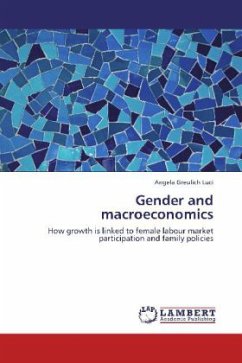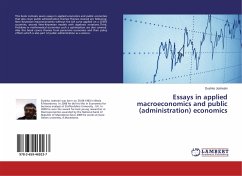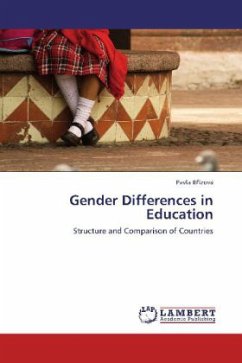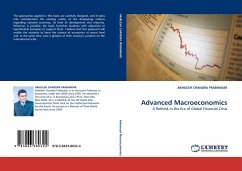While some economists assume a strictly positive impact of economic growth on female labour market participation, this thesis shows that growth decreases female labour market participation at early stages of economic development and increases it at later stages only. The feminisation U hypothesis is proved empirically based on macroeconomic panel data that spans over 180 countries and over 40 years. This data structure allows adequately taking into account several methodological problems such as endogeneity, non-stationarity and omitted variable bias. The analysis makes clear that simply relying on macroeconomic growth is not sufficient to promote female labour market participation. Equalising institutions that explicitly promote women s, and especially mothers labour market participation are necessary not only in developing but also in industrialised countries. The analysis shows further that in developed countries, a set of coherent family policy instruments is necessary to simultaneously prevent families from income poverty and to encourage women s labour market activities.
Bitte wählen Sie Ihr Anliegen aus.
Rechnungen
Retourenschein anfordern
Bestellstatus
Storno








